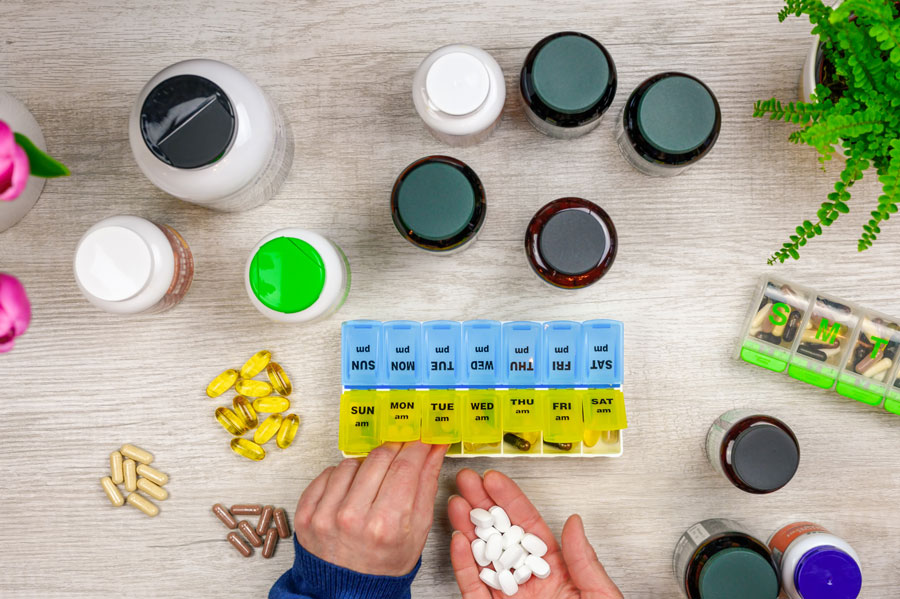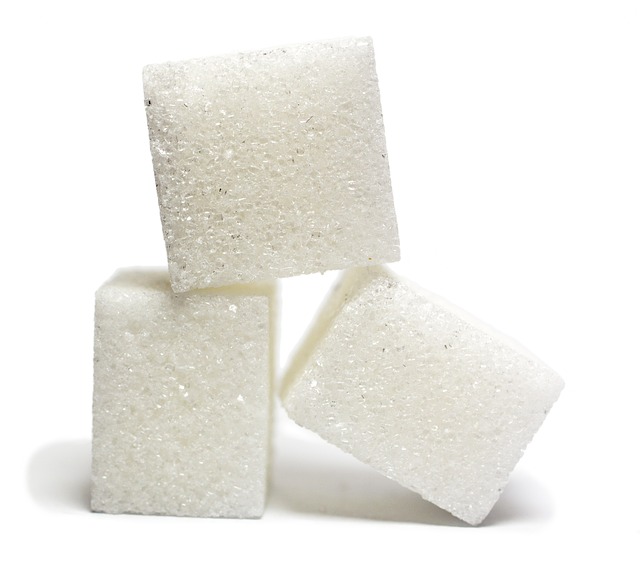Vitamins and minerals are usually taken orally as a supplement, but you may also have questions about how and when to take them or even how long they last.
Many people also need clarification about the supplement labels’ different use-by and expiry dates and how to store them for optimal safety and effectiveness.
This also raises questions about the difference between the manufacturer’s best-before date and use-by dates. For all these reasons, we’ve put together this handy guide to help!
How To Store Liposomal, Capsules and Powder-Based Supplements
Liposomal supplements, capsules and powders have varying expiry dates that you should know when deciding which supplementation to choose for your needs.
Liposomal
This is usually a liquid form of the supplement that is encased within tiny lipid spheres called liposomes. This delivery method allows for faster absorption of nutrients into the body and higher bioavailability, making them an ideal choice for those with digestive issues or who require high doses of certain substances.
Liposomal products, once opened, have a short shelf life. It is essential to check on the label if there is any timeframe to consume.
It is important to note that the expiry date can vary depending on the individual product’s ingredients and storage conditions. So always follow the manufacturer’s instructions before consuming a liposomal supplement past its recommended expiry date.
Capsules and Pills
Next, we have capsules and pills – these are solid doses of nutritional supplements in a compact form. They may contain dry herbs, amino acids, minerals, or other nutrients and need to be taken orally by swallowing with water or another liquid.
While capsules may not boast as much bioavailability as liposomal forms, they usually have an expiration date longer than most other forms of supplementation – often up to 24 months from manufacture.
Always check the label to determine if there is a timeframe to consume them.
However, like any other supplement, capsule expiration dates depend on several factors such as storage conditions, ingredients used etc., so it is recommended to check with the manufacturer if you plan on taking them past their suggested expiry date.
Powders
Finally, we have powders – nutritional powders (such as chocolate protein powder) are becoming increasingly popular amongst athletes and health-conscious individuals due to their convenience factor and ability to mix easily with water or milk for quick nutrition post-workout or during meals.
With regards to their shelf life when compared with capsules and liquids, powder supplements tend to have pretty short expirations dates ranging from 6-12 months after production depending on several factors such as exposure to light/heat/air etc., so it is essential to store these properly according to manufacturer’s instructions if you want them to last longer than expected.
Overall, each type of supplement has its advantages and expiration timeframes that users must consider when choosing a method for obtaining their daily dose of essential vitamins and minerals – one size does not fit all!
Careful consideration should be made when selecting a form of supplementation; this includes understanding how long each type can last before needing replacement based on its manufacturer’s expiration date guidelines.
It may also be that a product may have gone past its best-before date but is still ok to consume for a year or longer. If you’re at all uncertain, always check with the manufacturer.
What Is the Difference Between the Manufacturing Best Before Date and the Expiry Date?
The difference between the manufacturer’s best before-the-end and use-by dates on vitamin supplements is quite significant. The best before-end date refers to the last date that a product is at its best quality, whereas the use-by date suggests that the product should be consumed before that date to ensure it is safe to drink.
Best Before End
The best before-end dates ensure consumers are receiving the highest quality product available. This means that after this date, the supplement may still be safe to consume but could have lost some potency or deteriorated in terms of taste or texture.
Manufacturers provide these dates to ensure consumers receive the freshest and most potent products. It also ensures customers understand how long they can expect their vitamins to retain their peak potency and effectiveness.
Use By Dates
In contrast, use by dates exists for safety rather than quality reasons. Generally speaking, consumers need to note any use-by dates printed on vitamin supplements, as this indicates when the product may no longer be safe for consumption due to spoilage or contamination from bacteria and other microorganisms.
After this ‘use by’ date has passed, consuming a vitamin supplement could lead to serious health issues such as food poisoning if not handled correctly and stored safely before expiration.
It’s up to the consumer to familiarise themselves with both types of expiry dates to make informed decisions about which vitamins are suitable for them. It can also help you to understand how long to expect the supplements to remain at peak effectiveness.
Ultimately, knowing when products expire helps to ensure you get optimal nutritional value from your supplements and that they are safe to consume.
How To Know If Vitamins Have Expired
Staying up-to-date on expiration dates for vitamins is essential, so you don’t accidentally ingest something that has gone bad. Vitamins must have an expiration date printed on the bottle or container.
Typically, vitamins last about two years from the production date, but some may have shorter lifespans than others, depending on their ingredients.
How To Store Vitamins
Vitamins should be stored in a cool, dry place away from direct sunlight and heat. Avoid storing them near solid smells such as perfumes, cleaning products, and other fragrances that may interact negatively with the vitamins’ ingredients.
Vitamins can also become less effective if they’re not being stored correctly, so follow instructions on the bottle or container when storing your vitamins. Keep all vitamin supplements out of children’s reach to prevent accidental ingestion.
Please always check with your healthcare professional before starting any new supplements.
We hope this guide is helpful and enables you to make an informed decision about how to store your nutritional supplements for the best health.







Good post! We will be linking to this particularly great post on our site. Keep up the great writing
I very delighted to find this internet site on bing, just what I was searching for as well saved to fav
This is really interesting, You’re a very skilled blogger. I’ve joined your feed and look forward to seeking more of your magnificent post. Also, I’ve shared your site in my social networks!
I just like the helpful information you provide in your articles
I very delighted to find this internet site on bing, just what I was searching for as well saved to fav